7 surprising reasons for erectile dysfunction
Get the world’s most fascinating discoveries delivered straight to your inbox.
You are now subscribed
Your newsletter sign-up was successful
Want to add more newsletters?

Delivered Daily
Daily Newsletter
Sign up for the latest discoveries, groundbreaking research and fascinating breakthroughs that impact you and the wider world direct to your inbox.

Once a week
Life's Little Mysteries
Feed your curiosity with an exclusive mystery every week, solved with science and delivered direct to your inbox before it's seen anywhere else.

Once a week
How It Works
Sign up to our free science & technology newsletter for your weekly fix of fascinating articles, quick quizzes, amazing images, and more

Delivered daily
Space.com Newsletter
Breaking space news, the latest updates on rocket launches, skywatching events and more!

Once a month
Watch This Space
Sign up to our monthly entertainment newsletter to keep up with all our coverage of the latest sci-fi and space movies, tv shows, games and books.

Once a week
Night Sky This Week
Discover this week's must-see night sky events, moon phases, and stunning astrophotos. Sign up for our skywatching newsletter and explore the universe with us!
Join the club
Get full access to premium articles, exclusive features and a growing list of member rewards.
Intro
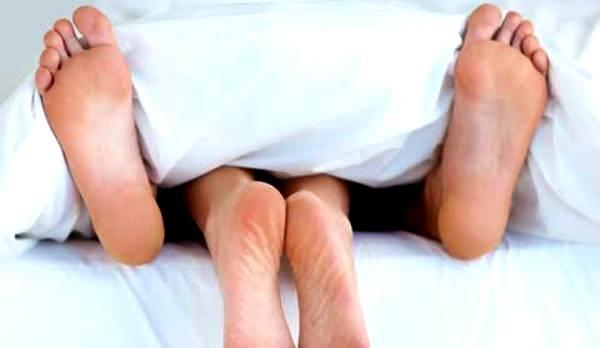
As many 30 million men in the United States experience erectile dysfunction (ED) the inability to get or maintain an erection firm enough for intercourse.
Age may be the most common denominator of men with ED. About four percent of men in their 50s experience erectile dysfunction, while nearly half of men older than 75 do, according to the National Institutes of Health.
Here are seven other surprising factors that may raise your risk of developing ED.
Taking drugs for hair loss or an enlarged prostate
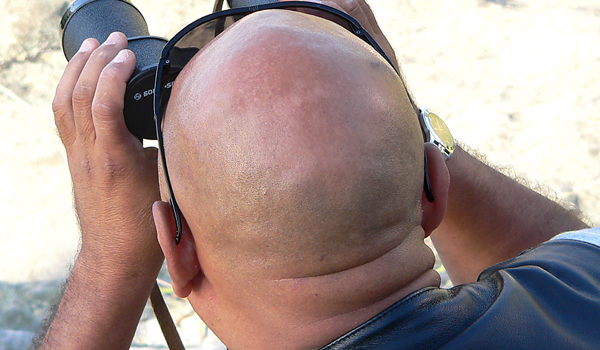
Medications, such as finasteride (known by its brand names Propecia and Proscar) and dutasteride (Avodart), used to treat male pattern hair loss and enlarged prostate may produce side effects such as erectile dysfunction and loss of libido in some men, according to a January study in the Journal of Sexual Medicine.
"These drugs work by reducing the amount of dihydrotestosterone circulating in the blood," said Dr. Andrew Kramer, a surgeon and ED expert at the University of Maryland Medical Center. Dihydrotestosterone is the male sex hormone that helps maintain sex drive.
While the drugs may help with hair loss and alleviate urinary tract symptoms due to an enlarged prostate, the hormonal changes can also lead to the inability to get an erection.
Gum Disease
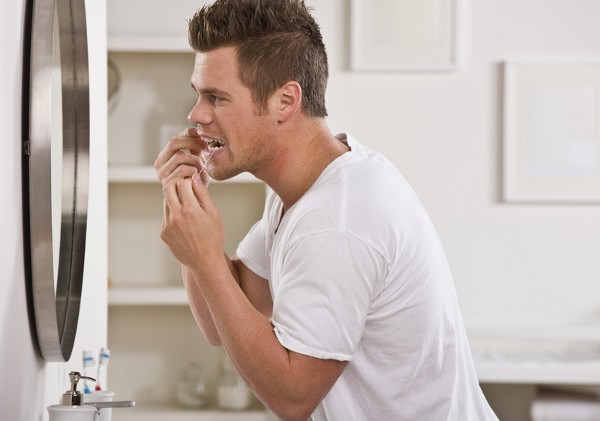
What do the gums and the penis have in common? Having periodontitis chronically inflamed and infected gums may increase your risk of erectile dysfunction, according to a study published in June in the Journal of Sexual Medicine. The study, performed in mice, suggests a link between gum disease and ED , but the connection in humans and the mechanism by which periodontitis may lead to ED is still unclear.
Get the world’s most fascinating discoveries delivered straight to your inbox.
Gum disease is an indicator of overall poor health, and has been linked to an increased risk of heart disease, another risk factor for erectile dysfunction, the researchers said.
"Gum disease may result from an underlying problem with blood flow in the gums. It's possible that someone with it also experiences problems with blood flow in other parts of the body such as the penis, as well," said Dr. Bruce Kava, acting chairman of urology at the University of Miami Miller School of Medicine.
Your Wife Befriending Your Buddies

It's well-known that psychological factors can play a major role in sexual performance, but here's a new one: your wife spending more time with your male friends than you do may put you at increased risk for erectile dysfunction, according to new research in the American Journal of Sociology.
The researchers, who surveyed more than 3,000 men ages 57 to 85, found that a man whose female partner got too close to his friends was 92 percent more likely to experience difficulty getting or maintaining an erection than one whose partner didn't.
Researchers said this might be due to social perceptions of masculinity in younger and middle-aged men. In men in their 70s and 80s, the association all but disappeared, possibly because older men have different perceptions of masculinity.
Bicycling

The Scythians, who were iron-age Iranian horsemen, identified a link between horseback riding and impotence in the ninth century B.C.
And it turns out that a similar modern-day activity, long-distance bicycling, may also increase your risk of erectile dysfunction. A 2005 review article published in the Journal of Sexual Medicine found that 4 percent of male bicyclists who spent at least three hours per week in the saddle experienced moderate to severe erectile dysfunction, while only about 1 percent of runners who were the same age experienced ED.
When you sit on a bike seat, you bear weight on the nerves and arteries that carry blood to the penis. "Over time, these vessels can become damaged, resulting in decreased blood flow to the penis and risk of ED," Kava said.
Diabetes
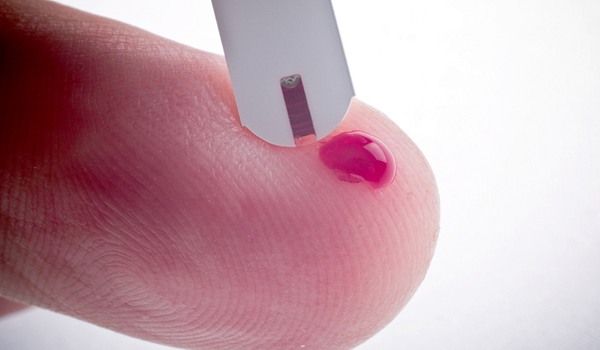
Men who have diabetes are two to three times more likely to also have erectile dysfunction than men without diabetes, according to the National Institutes of Health.
Poorly regulated blood sugar can damage the nerves and small blood vessels that control erections and allow blood flow to the penis, Kramer said.
High Blood Pressure
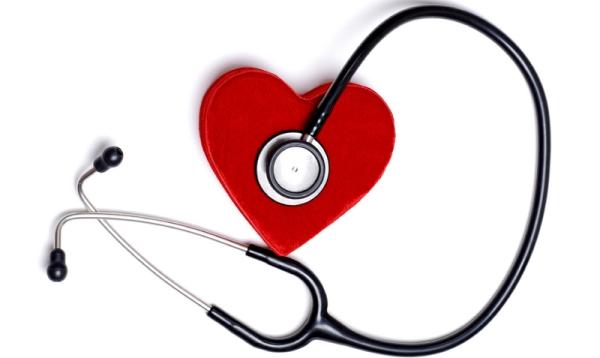
Healthy blood vessels and sufficient blood flow are essential to getting and keeping an erection. Uncontrolled hypertension damages blood vessels in the body, making them less elastic and less able to transport blood the same volume of blood quickly.
But some medications used to treat high blood pressure, such as beta blockers and diuretics, can also increase your risk of erectile dysfunction. While no one should stop taking blood pressure medicine without speaking to their doctor, making lifestyle changes, such as maintaining a healthy diet and getting more exercise may help lower your blood pressure so you don't need the drugs, Kramer said.
Related: Vitamin B battles erectile dysfunction
Depression
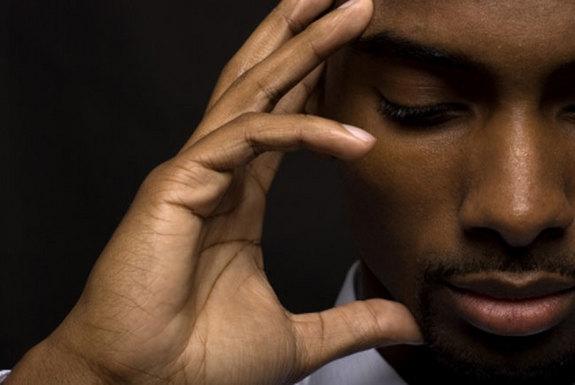
As many as 61 percent of people with severe depression may experience sexual problems, according to the Cleveland Clinic Foundation. Depression may do more than just lessen your interest in sex.
"There's a biochemical component to depression that may make it difficult to get and keep an erection," Kava said. Chemicals help brain cells communicate to stimulate blood flow to the penis. And not being able to participate in and enjoy sex can worsen depression symptoms, Kramer said.
Some antidepressants, namely selective serotonin reuptake inhibitors (SSRIs ) can cause sexual problems too nearly half of all men and women on SSRIs may experience sexual dysfunction, according to the National Institute of Mental Health. In men, this can mean having erectile dysfunction, loss of libido and delayed ejaculation.
Originally published on Live Science.
 Live Science Plus
Live Science Plus










